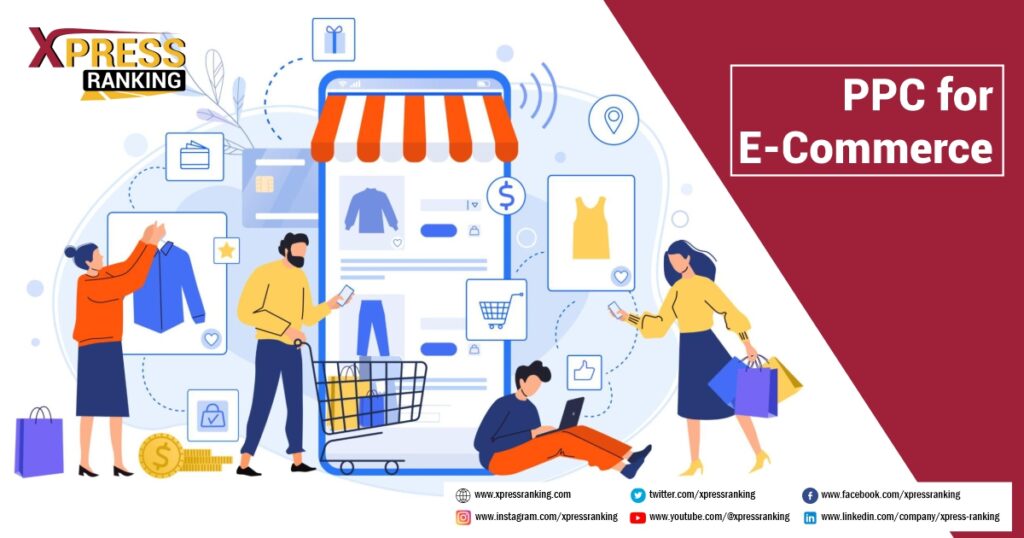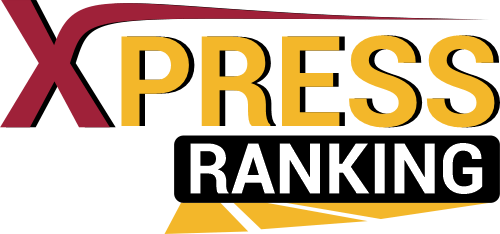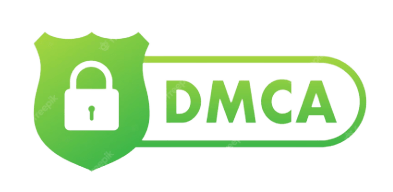In today’s fast-paced digital world, eCommerce businesses must leverage every tool at their disposal to stay ahead of the competition. This blog explores the key components of a successful digital marketing approach, including SEO, PPC, content marketing, email marketing, and social media marketing, and how partnering with a digital marketing agency can drive your e-commerce business towards digital transformation and success.
Understanding Digital Transformation in eCommerce
Digital transformation refers to integrating digital technologies into all areas of a business, fundamentally changing how it operates and delivers value to customers. For eCommerce businesses, this means adopting cutting-edge marketing strategies and tools to enhance customer experience, streamline operations, and boost sales.
The Role of SEO in eCommerce
SEO (Search Engine Optimization) is the foundation of any digital marketing strategy. It involves optimizing your eCommerce website to rank higher on search engine results pages (SERPs), making it easier for potential customers to find you.
Key SEO practices include:
Keyword Research: Identifying and targeting relevant keywords that your potential customers are searching for.
On-Page SEO: Optimizing website content, meta tags, images, and internal linking structures to improve search visibility.
Technical SEO: Ensuring your website’s backend is optimized for search engines, including site speed, mobile-friendliness, and secure connections (HTTPS).
Off-Page SEO: Building high-quality backlinks and engaging in online reputation management to boost your site’s authority.

Harnessing the Power of PPC for Immediate Results
While SEO focuses on organic growth, Pay-Per-Click (PPC) advertising provides immediate visibility and traffic. PPC involves placing ads on search engines and social media platforms, where you pay a fee each time someone clicks on your ad. PPC for eCommerce is a powerful tool for driving targeted traffic and achieving quick results.
Key benefits of PPC include:
Immediate Visibility: Your ads appear at the top of search results, ensuring that potential customers see your products.
Targeted Advertising: PPC allows you to target specific demographics, locations, and even user behaviors, ensuring your ads reach the right audience.
Measurable Results: PPC campaigns provide detailed analytics, enabling you to track performance and optimize your ads for better ROI.
Content Marketing: Engaging and Educating Your Audience
Content marketing is about creating valuable, relevant content to attract and engage your target audience. For eCommerce businesses, this means producing content that addresses the needs and interests of your customers, ultimately driving them towards making a purchase. Effective content marketing strategies include:
Blogging: Regularly publishing informative blog posts that address common customer questions and showcase your expertise.
Product Descriptions: Crafting compelling and detailed product descriptions that highlight the benefits and features of your products.
Video Content: Creating engaging video content, such as product demos, tutorials, and customer testimonials.
Infographics: Using visually appealing infographics to present data and information in an easily digestible format.
The Impact of Email Marketing
Email marketing remains one of the most effective ways to nurture leads and convert them into loyal customers. By building and segmenting your email list, you can deliver personalized and relevant content directly to your audience’s inbox.
Key strategies for successful email marketing include:
Segmentation: Dividing your email list into segments based on customer behavior, preferences, and purchase history.
Personalization: Tailoring your email content to address the specific needs and interests of each segment.
Automated Campaigns: Setting up automated email sequences, such as welcome series, cart abandonment reminders, and post-purchase follow-ups.
Engaging Content: Crafting compelling subject lines, informative content, and clear calls-to-action to encourage opens and clicks.

Social Media Marketing: Building a Community around Your Brand
Social media marketing involves using platforms like Facebook, Instagram, Twitter, and Pinterest to promote your eCommerce business. Effective social media strategies include:
Consistent Posting: Regularly sharing content that resonates with your audience and aligns with your brand values.
Interactive Engagement: Responding to comments, messages, and reviews to foster a sense of community and trust.
Influencer Partnerships: Collaborating with influencers to reach a broader audience and build credibility.
Paid Advertising: Running targeted ad campaigns to boost visibility and drive conversions.
Crafting a Comprehensive Digital Marketing Strategy
A successful digital marketing strategy for eCommerce integrates all these elements—SEO, PPC, content marketing, email marketing, and social media marketing—into a cohesive plan. Here’s how to craft a comprehensive strategy:
Set Clear Goals: Define your business objectives, such as increasing traffic, boosting sales, or improving customer retention.
Understand Your Audience: Conduct market research to identify your target audience’s needs, preferences, and behaviors.
Create a Content Plan: Develop a content calendar that outlines what content will be published, where, and when.
Leverage Analytics: Use data and analytics to track the performance of your campaigns and make informed decisions.
Optimize and Adapt: Continuously optimize your strategies based on performance data and evolving market trends.
Briefly Put!
In the competitive world of eCommerce, a robust digital marketing strategy is essential for success. Partnering with a digital marketing agency can enhance your efforts, guide you through the digital transformation, and ensure your eCommerce business thrives in the digital age.



